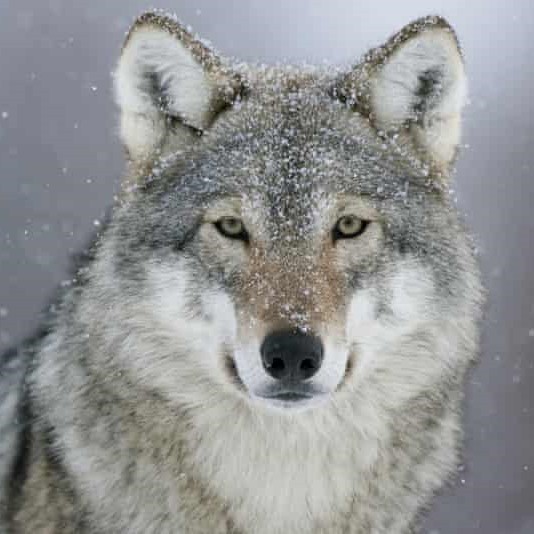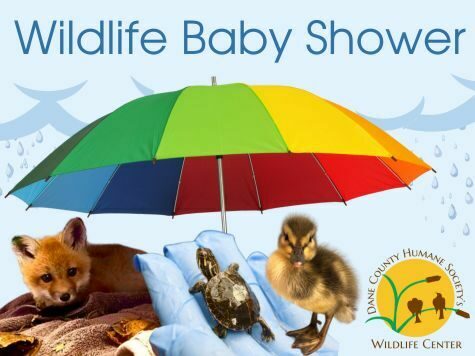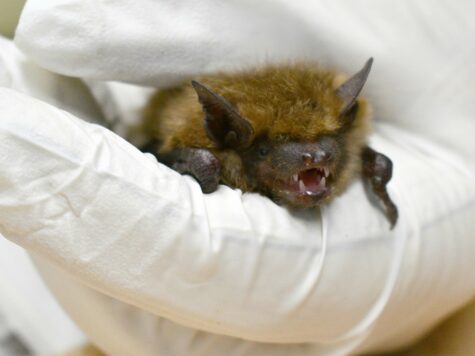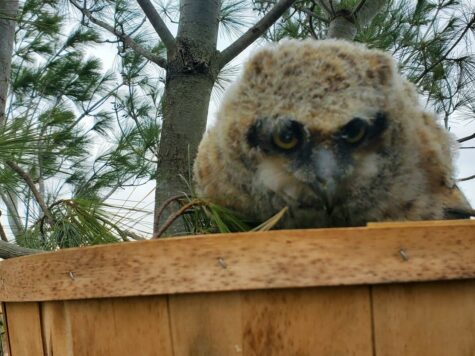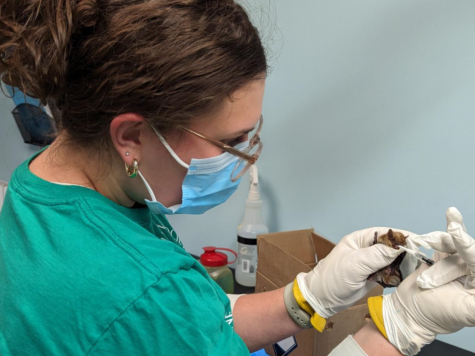While Dane County Humane Society (DCHS) recognizes Wisconsin's hunting traditions, we are opposed to hunting that is inconsistent with fair pursuit values or humane tenets. Moreover, we oppose wildlife management, including hunting and trapping, that lacks a sound basis in science or fails to carefully monitor and enforce sustainable harvests.
DCHS specifically opposes Wisconsin’s 2011 law, Wisconsin Act 169, that authorizes a hunting and trapping season for wolves, a species only recently removed from the federal Endangered Species List after a forty-year recovery. Specifically, we object to the law’s authorization of an inordinately long 4 1⁄2 month hunting and trapping season that provides for 24/7 night-and- day hunting and the use of indiscriminate traps, including leg-hold traps, artificial predator calls, and hunting over bait. The law further allows expansion of hunting and trapping into core wolf habitats, including state and federal forest lands, which are areas experiencing no livestock depredation problems. Perhaps most concerning, the law sanctions hunting wolves with packs of dogs—an unprecedented, barbaric hunting method that offends societal values and is authorized by no other state in the country.
DCHS strongly opposes use of dogs to hunt wolves as we believe it violates Chapter 951 of the Wisconsin Statutes (“Crimes Against Animals”), which provides criminal penalties for animal abuse and neglect and specifically prohibits animal fighting of any kind. Authorizing the use of dogs to trail or track wolves places dogs in direct contact with the wolves they are tracking and exposes both dogs and wolves to an unacceptably high risk of grievous injury, excessive suffering, and death. There is also a strong health concern about the transmission of disease between wolves and the dogs used to hunt them, and possibly to people from those same dogs.
Photograph: Alamy
